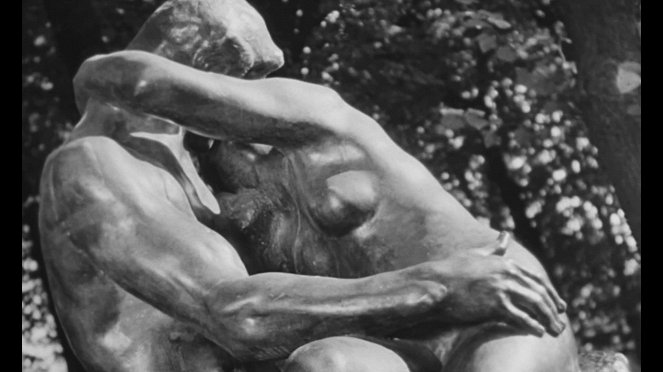Ohjaus:
Louis MalleKuvaus:
Henri DecaëNäyttelijät:
Jeanne Moreau, Jean-Marc Bory, Judith Magre, José Luis de Vilallonga, Alain Cuny, Gaston Modot, Jean-Claude Brialy, Michèle Girardon (lisää)Juonikuvaukset(1)
Jeanne on ikävystynyt kotirouva, joka on totaalisen kyllästynyt intohimottomaan avioliittoonsa lehtikeisari Henrin kanssa. Jeanne matkustaa aika ajoin Pariisiin tavatakseen pinnallisia julkkistuttaviaan. Henri epäilee, että hänen vaimollaan on suhde naistenmies Raoulin kanssa. Henri saa Jeannen pyytämään Raoulin kartanolleen viikonlopuksi, mutta matkalla Pariisiin Jeanne tapaa nuoren Bernardin, jonka hän myös kutsuu kartanolle. Tästä alkaa yö, joka muuttaa Jeannen elämän lopullisesti. (Atlantic Film Fin.)
(lisää)Videot (1)
Arvostelut (1)
The Lovers is a film that bridges the eras of classic and modern cinema. Malle adopts the genre (Renoir-esque acerbic comedy of morals) and elegant style of the former. The geometrically sophisticated placement of the characters in the mis-en-scéne, the use of great depth of field and the well-thought-out, extraordinarily long shots (28-second ASL!), which capture not only the phase, but the entire process of changes in mood and relationships, and reveal the inspiration taken from Renoir, Welles and Tati (to whom a wonderful gag set in a car-repair shop, where a character becomes an indistinguishable part of the setting, is dedicated). ___ In the context of the New Wave, The Lovers is heretical in its heroine’s sexual liberalisation, which is not condemned in the film. Unlike in classic works (such as Anna Karenina), infidelity does not have tragic consequences, but rather represents a new beginning. The end of the woman’s objectification brings forth a change from passivity to actively moving – however uncertainly – into the future. ___ In the final thirty minutes, a peculiar stylistic twist occurs, involving the change of the realistic portrait of the upper class into a romantic poem. It almost seems that Jeanne has taken control not only over her own life, but also over the film itself. The line between the character and the narrator is definitively erased, as the narration had up to this point been handled by means of multi-voiced commentary (immediate commenting on feelings in some places, commentary delivered at a greater temporal distance in other places). The previously aloof, observational camera, which had essentially avoided point-of-view shots, suddenly gets much closer to the characters and the high-contrast black-and-white picture is replaced with dream-like soft-focus. Social pretence is crushed by an onslaught of sensuality. That which has been repressed rises to the surface. ___ The aspects of The Lovers that were considered obscene at the time of the film’s release (and led to a case heard before the United States Supreme Court) today come across as courageous honesty, because why not just acknowledge that few things can inspire a materially secure lady to abandon her rigid social role as reliably as properly performed cunnilingus? 75%
()


